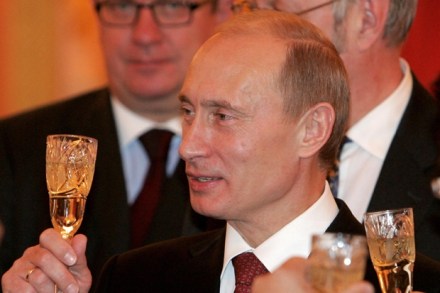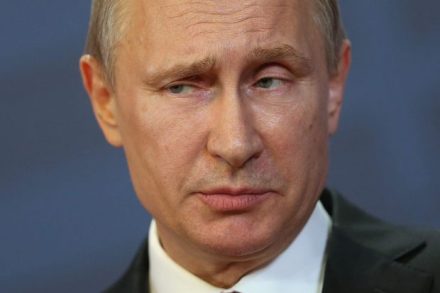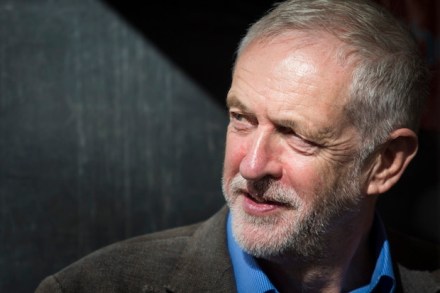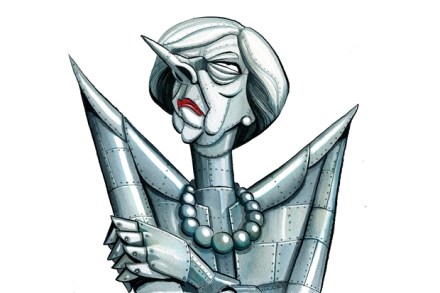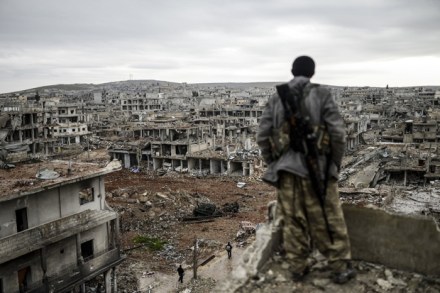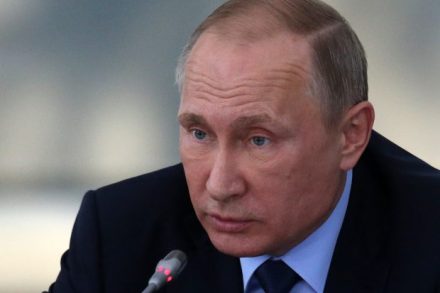Russia killed Olympic amateurism. Now it might kill anti-doping
The row about Russia’s state-sponsored doping programme will continue for years. The fact is that Russia has a long tradition of Olympic cheating. Back in the 1960s and 1970s, when the big issue in Olympic sport was amateurism, the Soviet Union and satellites sent unabashed and obvious full-time professional athletes, while the International Olympic Committee, under the mad Avery Brundage, pretended not to notice. Politics first, ethics second. The end result was that amateurism, a dubious proposition at best and in practice an element of the class war, has now gone for ever. Question: will undoped sport go the same way? Russia promotes, the IOC condones, and ethics comes second






